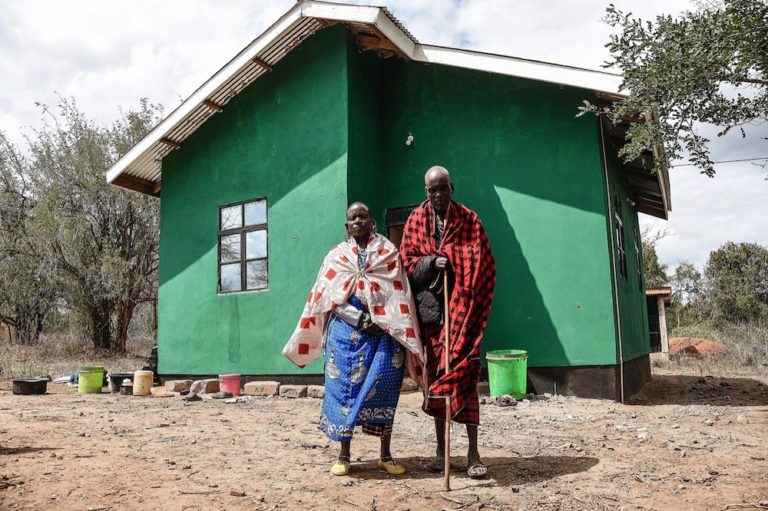(MISA/IFEX) – The Tanzanian chapter of the Media Institute of Southern Africa (MISA-TAN) on 16 September 1998 lodged a petition in the High Court to challenge the legality of some provisions in the Broadcasting Services Act No. 6 of 1993. The application was lodged by three top office bearers of MISA-TAN: Joseph Masanilo, the Chairperson […]
(MISA/IFEX) – The Tanzanian chapter of the Media Institute of Southern
Africa (MISA-TAN)
on 16 September 1998 lodged a petition in the High Court to challenge the
legality of some provisions in the Broadcasting Services Act No. 6 of 1993.
The application was lodged by three top office bearers of MISA-TAN: Joseph
Masanilo, the Chairperson of MISA-TAN, Gideon Shoo, the Secretary General,
and Frederick Ntobi, the National Coordinator.
The applicants are arguing that the Broadcasting Act infringes and or
abridges their Constitutional rights both as citizens and journalists.
Specifically, they are also challenging sections 11 (3) (d) and 25 (1) and
(2) of the Broadcasting Act which vest legal powers in the Broadcasting
Commission to restrict and limit transmissions to specified geographical
areas, contrary to the provisions of Article 18 (1) of the Constitution of
the United Republic of Tanzania. Article18 (1) grants every citizen “the
right to freedom of opinion and expression, and to seek, receive and impart
or disseminate information and ideas through any media regardless of
national frontiers, and also the right of freedom from interference with his
communications.”
These sections of the Broadcasting Act also vest powers in the minister in
charge of information to conduct censorship and interference with
transmission on the pretext of upholding public interests and national
security, contrary to the cited provision of the Constitution of Tanzania.
Section 11.(3) (d) says: “Where the Commission decides to grant an
application for a licence, it may attach conditions to the licence in
relation to the location of a transmitter station, when applicable , and the
geographical area to which the broadcast may be made.” The current
conditions set down by the Commission is that private broadcasters are
allowed to broadcast only to a maximum of five regions or 25% of the
population. The state-owned radio is the only broadcaster allowed to reach
the whole country.
Sections 25 (1) and (2) respectively allow the minister to order a
broadcaster to broadcast any matter which the minister may deem to be in the
interests of national security or the public interest, or the minister may
prohibit a broadcaster from broadcasting any matter which the minister deems
to be contrary to national security or the public interest.
The applicants in the High Court challenge are further arguing that the Act
violates the basic rights guaranteed under Article 26 (1) of the
Constitution ( “Every person has the duty to observe and to abide by this
Constitution and laws of the United Republic”) and Article 64 (5) ( “Without
prejudice to the application of the Constitution of Zanzibar in accordance
with this Constitution concerning all matters pertaining to Tanzania
Zanzibar which are not Union Matters, this Constitution shall have the force
of law in the whole of the United Republic, and in the event any other law
conflicts with the provisions contained in this Constitution, the
Constitution shall prevail and that other law, to the extent of the
inconsistency with the Constitution, shall be void”) and Section 4 of the
Basic Rights and Duties Enforcement Act No. 33 of 1994.
The judge hearing the application, Judge Dan Mapigano, has set 14 October
1998 as the date for mention and preliminary hearing. The respondents have
been given until 7 October to reply to the application.


